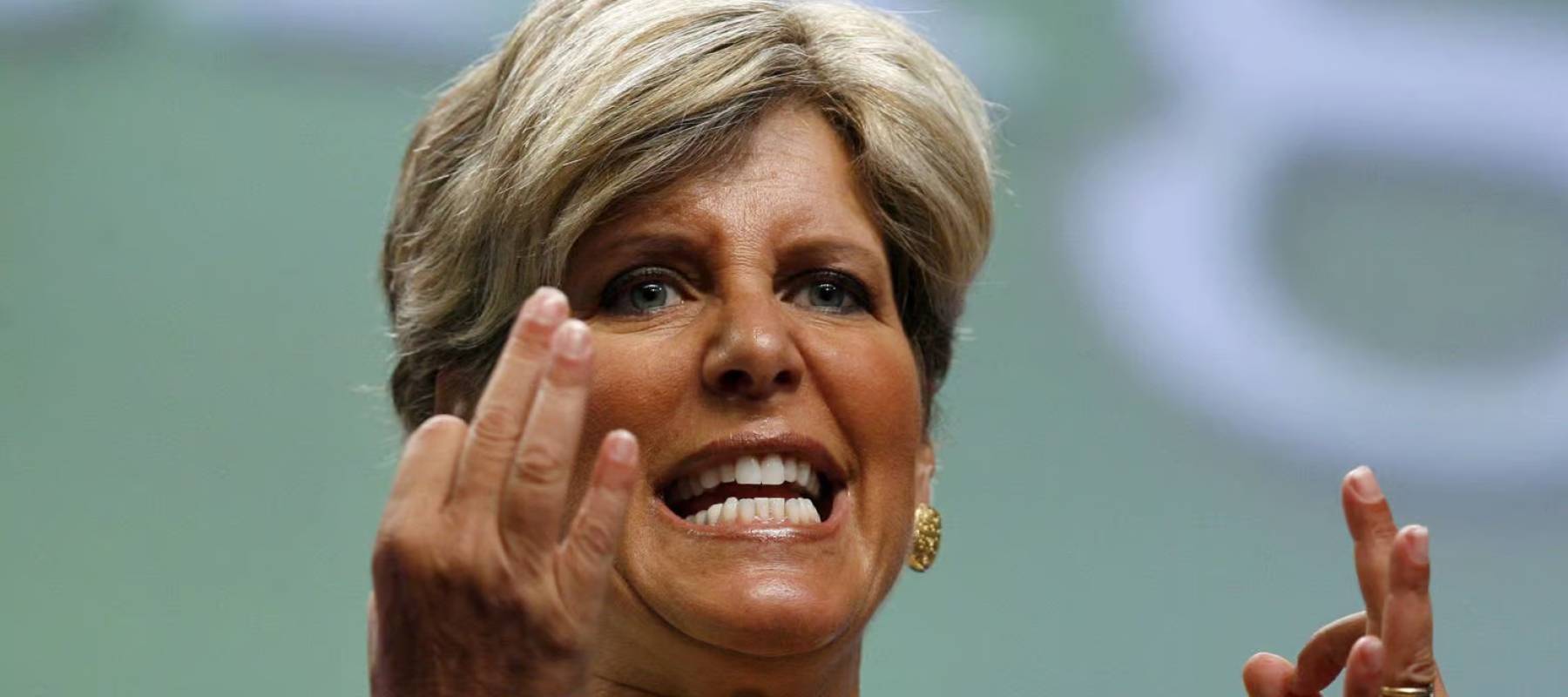A global food crisis
Canadians can expect to see significantly higher food prices, particularly on items dependent on vegetable oils.
Sylvain Charlebois, a professor at Dalhousie University and director of its Agri-Food Analytics Lab, used a hockey analogy to deliver his prognosis.
“Let's say for example, if the crisis were to be a hockey game, we're probably in the middle of the first period,” Charlebois said.
“The plan is basically following the global food crisis playbook,” he added, citing the effects of climate change, the pandemic and now the war in Eastern Europe as the catalysts.
“It's hard to find anybody not affected by what's happening around the world right now.”
“Countries are now hoarding,” Charlebois said – including Canada.
“And Indonesia with palm oil is a perfect example of that. We're expecting more countries to do the same.”
Indonesia, the world's top palm oil exporter, stopped shipments of crude palm oil and some of its derivative products on April 28, to control soaring prices of domestic cooking oil. The move rattled global vegetable oil markets.
On May 15, India banned wheat exports after a heat wave cut output, and domestic prices reached a new high.
But among all the food ingredients in the world, vegetable oil reigns supreme. Charlebois explained that vegetable oil is an omnipresent ingredient; found in about 755 of the products found in grocery stores.
“When you look at the vegetable oil landscape around the world, we're in trouble.”
Malaysia, the world's second-largest palm oil producer after Indonesia, is “having a hard time with labour, so it's not producing as much,” Charlebois added.
However, Malaysia significantly increased its palm oil exports after Indonesia’s export ban as demand for the commodity spiked.
Palm oil is also a controversial commodity because of its links to deforestation and forced labour problems. However, vegetable oil is also made from canola, corn, palm, soybean or sunflower oils. Ukraine is the biggest producer of sunflowers in the world.
If there’s good news here, it’s that produce, luckily, might not be as heavily impacted, Charlebois estimates.
Empower your investments with Qtrade
Discover Qtrade's award-winning platform and take control of your financial future. With user-friendly tools, expert insights, and low fees, investing has never been easier.
Start Trading TodayOpportunities in a crisis
For some Canadian producers, there are opportunities in this crisis. Canada produces many of the same agricultural products as Ukraine, such as potatoes, grains and cooking oils, which have seen shortages due to the conflict.
“Canadian agricultural commodity producers stand to benefit from higher prices given high demand and strained supply abroad, with European companies already looking to secure contracts with Canada suppliers,” according to a report published on May 17 by RSM Canada, an audit, tax and consulting service.
The report said Canada and the U.S. can mitigate this global food insecurity “if they can increase production and exports of essential commodities.”
But that isn’t so easy amid rising energy costs, labour constraints and the impact of climate change on grain production, the report added.
The Russian invasion of Ukraine is also highlighting weaknesses that were already being felt in the market.
“Investment has been very weakened in the energy (sector) in the oil patch, in particular since 2015,” Pedro Antunes, the chief economist and primary spokesperson at The Conference Board of Canada, said.
After all, the world has been working on alternatives to oil and gas amid the ongoing climate crisis.
“This is going to drive a little bit more investment” in oil and gas, Antunes said, but in light of the energy transition we’re going through, “it's not going to be the same kind of vigour that we saw especially in Alberta, and Newfoundland, Labrador, Saskatchewan in that 2011 to 2014 period, for instance.”
The oil industry has been changed by declining prices. Crude oil prices fell from an average of US$110 per barrel between January 2011 and June 2014 to a low of US$29 in January 2016, and an average of only US$50 since 2015. This has resulted in lower investment in the oil industry, which means producers can't ramp up production when demand increases.
For Antunes, the impact is a “massive commodity price shock, and it's adding to inflationary pressures, and that erodes essentially incomes for households.”
Canada’s inflation rate accelerated to a 31-year high of 6.8% in April.
“It will lead to a decline in consumer spending and retail spending and affordability,” Antunes explained.
Lower consumer spending would set off a domino effect “across the board,” he continued, “including retailers, wholesalers and transportation, and all the way across all the services side of the economy.”
This is why Antunes is advising Canadians not to waste the money they managed to save during the pandemic on non-essentials, as he expects all these factors to “eat away all of those excesses.”
“I know, we've seen a ramp-up in housing, and people want to fill those homes with furniture and TVs and everything else. But perhaps this is a time where we could ease up on that spending.”
He said it’s better to focus on essentials such as food, for example.
It's not all bad news
Despite all this, the chief economist doesn’t believe 2022 will be that bad. Antunes explained that “massive government support” has allowed household balance sheets to be “in good shape."
Estimates show that Canadians have saved up to $300 billion in excess savings over the course of the pandemic.
“And so we are going to see a fairly good two years in the economy, regardless of the situation with Russia.”
However, Antunes said it’s possible for 2023 to be a neutral or even slightly negative year, despite the benefits we are going to be seeing from “more profitability, more investment, and more production..."
But, he added, in light of the commodity shock effects, "there's other sectors that are going to be hard to hit."
“So it's just a timing issue around the positive and negative impacts. I would say, overall, this is really a neutral impact on Canada's GDP, our real productive production,” he concluded.
Sponsored
Trade Smarter, Today
Build your own investment portfolio with the CIBC Investor's Edge online and mobile trading platform and enjoy low commissions. Get up to $100 in commission-free options until October 31, 2024.








